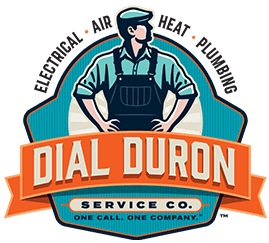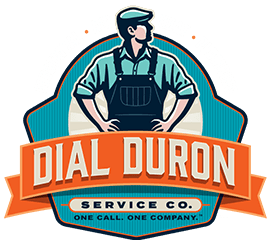Everything You Need to Know About Having an EV Charger Installed in Your Garage or Carport
Electric vehicle home chargers are a convenient way to supply your EV’s battery with its daily electricity needs.
These Level 2 (240-volt) chargers are many times faster than the 120-volt Level 1 charger your vehicle may have come with. They also allow you to eliminate the need to spend more time and money at local public DC fast charging stations.
What Is an EV Charger?
Having a Level 2 EV charger at home means you can charge your electric car anytime using your home electricity supply. The lower-cost residential rate saves you money compared to using a public charger, and Level 2 chargers are fast enough to charge your battery in full (or to 80%, which is recommended by many EV manufacturers), overnight, so you wake up to a fully charged vehicle each morning.
A Level 1 charger uses a normal 120-volt outlet (like for charging your computer or phone) but only delivers about 40 miles of range overnight. Level 2 chargers use a more powerful circuit, like the ones used for your stove and clothes dryer. Level 2 chargers have double the voltage of a Level 1 but are over four times faster in part because they also have three to four times the amperage.
Do All Home Chargers Work on All EVs?
No, but most do. If your EV is a new purchase, chances are high that it uses a CCS plug. Most Level 2 EV chargers for sale will have CCS plugs. Tesla is like the Apple of EVs, as they have unique, proprietary plugs.
How to Select an EV Charger
There are several factors to take into consideration when selecting a home EV charging station. These include:
Plug type: If your EV has a charge port that accepts CCS plugs, you want to make sure the charger you buy has a CCS plug.
Weatherproofing: If you park outside, or in a carport, you’ll want to choose an EV charger that’s certified for outdoor use. Most weatherproof chargers will come with a special emblem to signify they are proofed for outdoor use and bad weather. Hardwiring your charger into your panel is a much safer option if it will be exposed to rain.
Plug-in vs. hardwire: Ask your electrician to inspect your garage/carport/driveway and your electrical panel. After the inspection, they will be able to recommend if you should buy a charger that’s designed to be hardwired or simply plugged into a 240-volt outlet. Hardwired chargers give you more flexibility, more choices, and the option for more current (amperage). They’re safer when exposed to the elements.
Charging cable length: Depending on where your nearest outlet or hardwired charger is, you may need a longer than standard charging cable to ensure it can reach your car’s charge port.
Storage: Consider the length of your charging cable and if it will be too long to hang neatly from the wall. If it’s too long you may want to consider a storage holster so that you can save room.
Smart features: Many EV chargers on the market today allow you to use an app to set up your charger to charge only during hours when electricity is the cheapest.
UL listed: This is one thing that should not be overlooked. It’s an important safety designation that ensures your charger has been approved and passed the proper safety checks.
How to Install an EV Charger
If you’re interested in a Level 2 charger, you’ll need the assistance of an electrician. Your Dial Duron electrician can help you choose the right charger for your home (and vehicle), help you decide where to put it so it can reach your vehicle’s charge port, and professionally complete the installation according to code. We can also help you install the app.
Cost to Install an EV Home Charger
Level 2 EV home charging station installation costs vary based on a few things, including:
- The electric work that needs to be done (determined most by the need to install a 240-volt circuit or not, and the distance between your charger and your electrical panel)
- Potential permit costs (if required by your municipality)
On average, the cost of a Level 2 charger itself is roughly $350 - $700, and installing an EV charging station at home is between $400 and $1,800. More and more utilities across the country are adopting rebate programs that pay for a portion or all of your charger purchase cost. Call your electric utility to ask about rebates.


